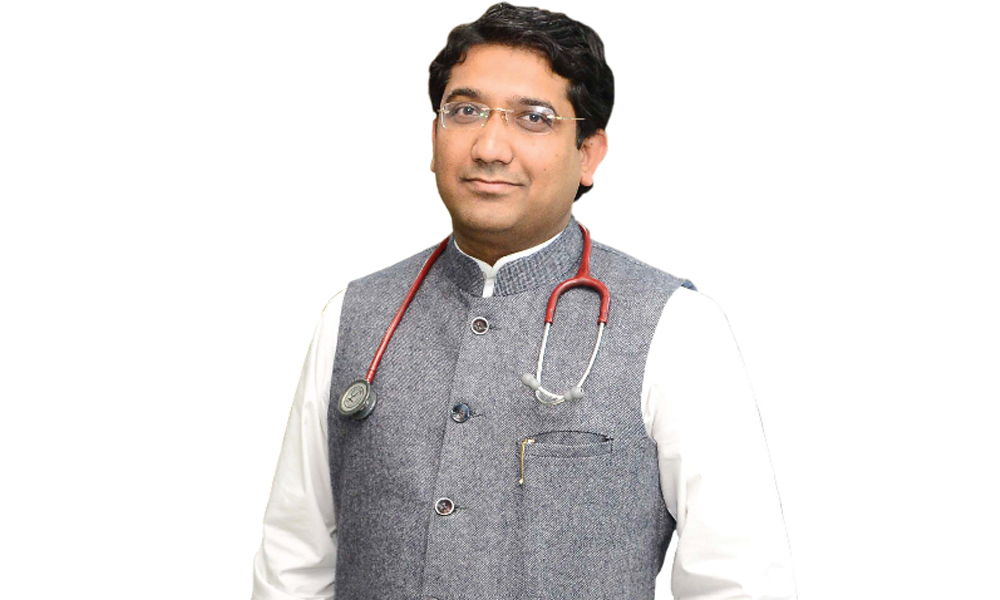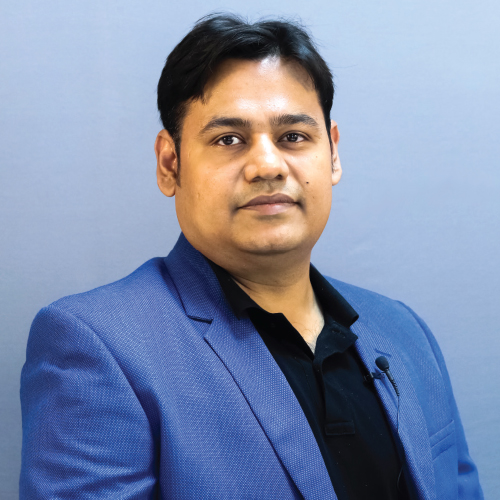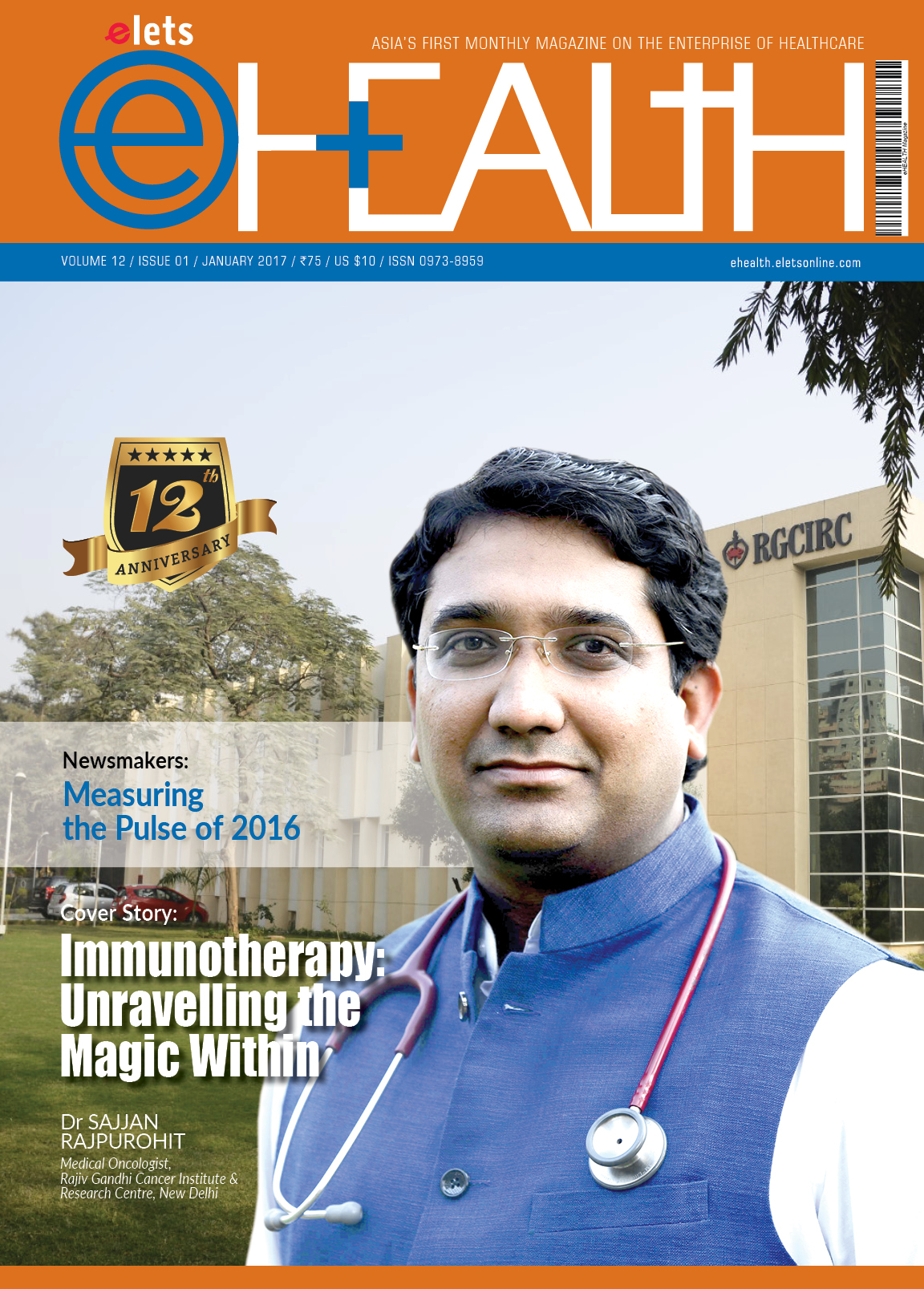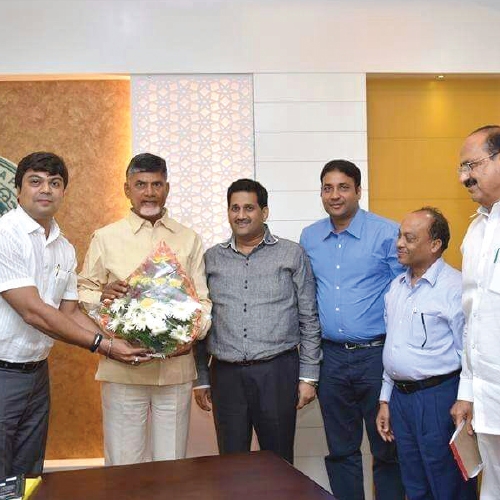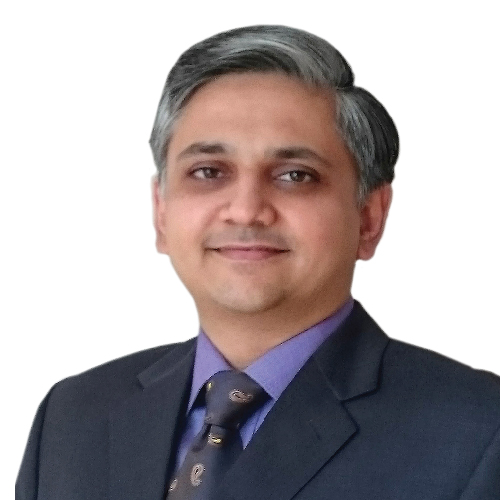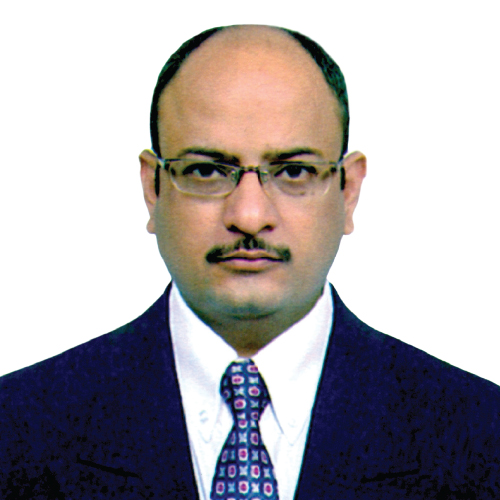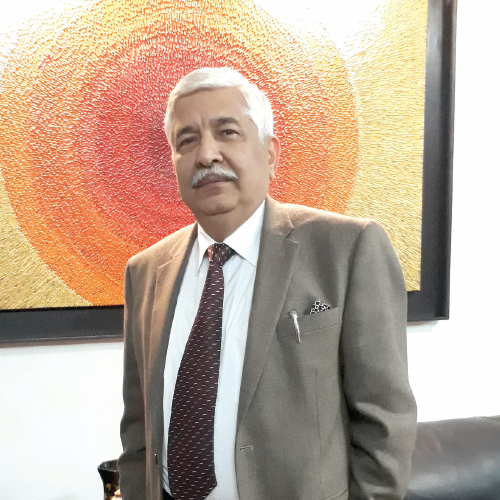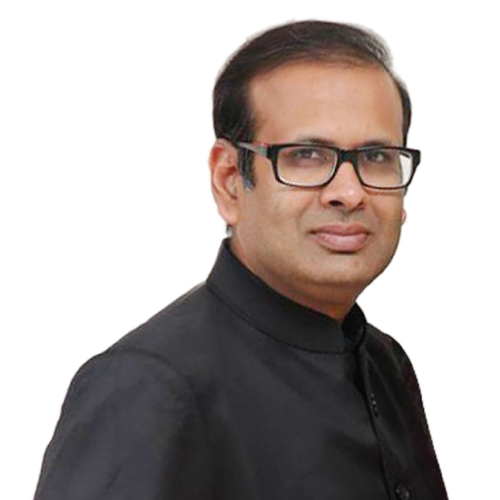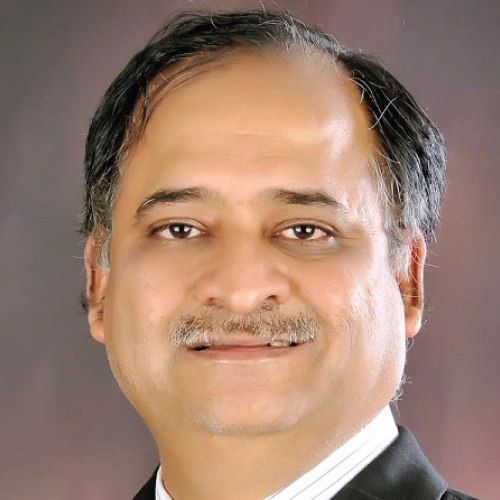

The future belongs to connected healthcare services, says Ramakanth Desai, CEO, Curespring, a technology company dedicated to provide affordable and specialised healthcare for patients by integrating work across physicians, diagnostic labs and specialist doctors, in an interview with Elets News Network (ENN).
How is Curespring impacting consulting services in the Indian healthcare sector? How is it contributing in improving quality of services?

Indian healthcare sector is highly fragmented today and very unorganised. There is no well defined mechanism for collaborative patient care, doctor-to-doctor connectivity, diagnostics chain integration and sharing of patient information.
With our solutions (doctor-to-doctor collaboration platform, HIS with measures, lab information system, PACS integrated with the above platforms), we are well placed to help hospitals and diagnostic labs in developing and managing some of these measures. We are also exploring to do joint studies with some US-based healthcare consulting firms to bring best practices from the global arena to India. For example, there are no defined ways for measuring physician productivity, revenue cycle management to management of supply chain, both for care and diagnostics.
Artificial Intelligence, with its ability to process data in a speedy fashion, will revolutionise healthcare in the future. AI-enabled system as a backup helps reduce medical errors and increases productivity of medical professionals.

Please tell us about digital transformation happening in the healthcare space in India? What does the future look like in five years from now?
The future belongs to connected healthcare services. IT use for care and cure is currently limited to offline information obtained from diagnostics. There is no integration of information across channels (like diagnostics/ patient records and stakeholders collaboration). It is very important that the three get integrated for effective and responsive care. We at Curespring focus on addressing this problem, leveraging our connected healthcare solutions.
Currently, digital transformation has started in urban areas around few business processes like doctor appointments, billing, patient registration, diagnostic image management, etc. Approximately 40 per cent of hospitals have automated the admin processes like billing or registration.
How is digital adoption associated with improving medical providers profitability?
It is very crucial to measure few critical parameters like optimum utilisation of physicians time, training of nurses, supply chain management to spend performance management. Smaller hospitals are suffering much more than larger hospitals in these areas.
Currently, digital transformation has started in urban areas around few business processes like doctor appointments, billing, patient registration, diagnostic image management, etc.
Adoption of digital technologies helps improve availability of patients diagnostics information in a timely way and thereby reducing patient wait times leading to better patient satisfaction. For example, in lot of hospitals, patient discharge to bed availability time, physicians utilisation, enhanced patient inflow through remote consult are not measured. It takes some times 5-6 hours for the patient discharge process to be completed. Adoption of digital technologies and integration of systems will go a long way in improving some of these areas, and thereby increasing profitability.
How online platforms like Curespring are utilising analytics to improve overall efficiency of healthcare delivery?
Curespring today provides three critical IT platforms for a provider to enhance doctor-to-doctor collaboration and enable remote care. Using our connected healthcare services platform, hospitals have started witnessing enhanced patient inflow due to better care for remote patients and improved collaboration inside the hospital.
How is Artificial Intelligence (AI) being deployed in healthcare sector? What is its future potential?
We are investing in automation platform around AI to address some of the critical areas.
Artificial Intelligence, with its ability to process data in a speedy fashion, will revolutionise healthcare in the future. An AI-enabled system as a backup helps reduce medical errors and increases productivity of medical professionals.
For example, diabetic retinopathy exists in at least 20 million people in India. AI technology can help doctors collect images of retina of diabetic patients and then run them through machines which can quickly scan the images and arrive at an early diagnosis.
Using AI, one can do predictive modelling of diseases to prevent disease outbreak (population health management areas) and also do preliminary diagnosis and screening.
The right AI system might predict the outcomes of overusing antibiotics for patients, even before the doses are administered.
Using our cloud-based HIS, hospitals have achieved patient discharge times less than 30 minutes. Using our connected PACS solution, hospitals and diagnostic labs have integrated both patient records and diagnostics from multiple modalities (both DICOM and Non-DICOM).
Post demonetisation, digital payments in healthcare sector has seen a quantum jump. What are the opportunities and challenges you see linked with digital payments in healthcare? How Curespring has responded to the change?
Using platforms like Paytm, patients can pay consultation charges and diagnostics easily.
This will reduce the waiting time at billing counters and also provides for adoption of deployment of public health schemes faster. We do not have solution in payments space, but we have integrated our platforms with online payment platforms.
Be a part of Elets Collaborative Initiatives. Join Us for Upcoming Events and explore business opportunities. Like us on Facebook , connect with us on LinkedIn and follow us on Twitter , Instagram.


